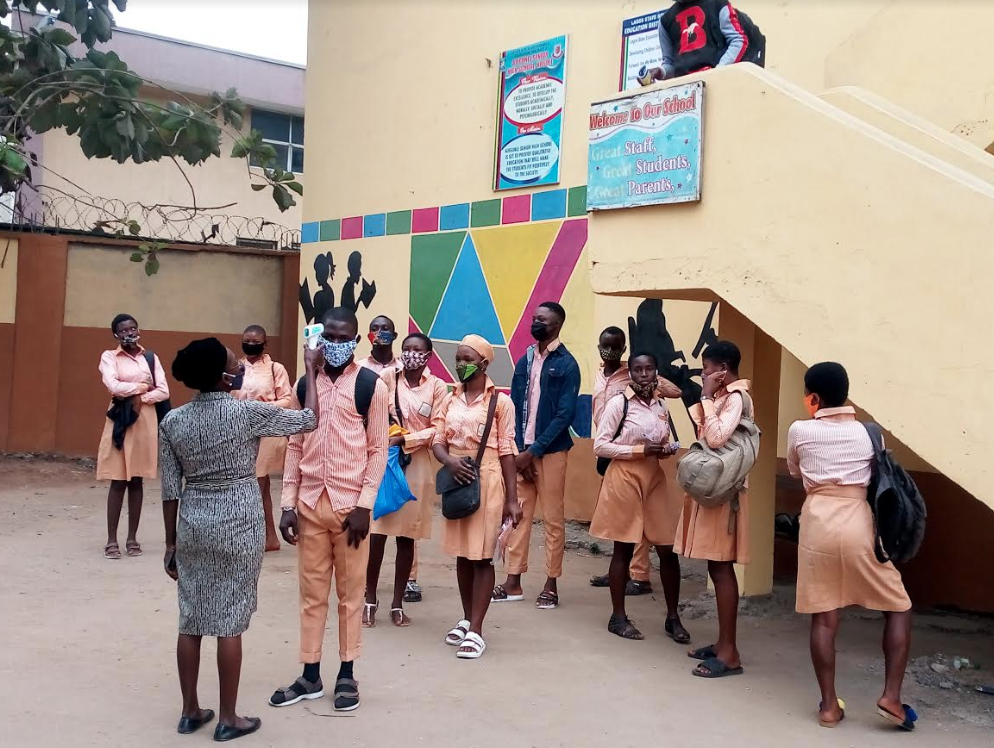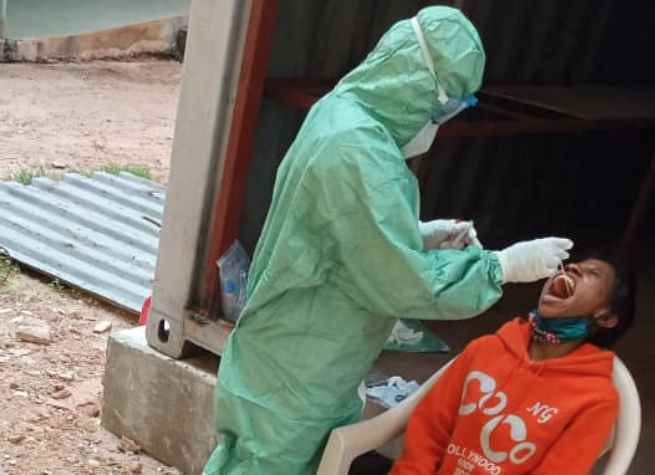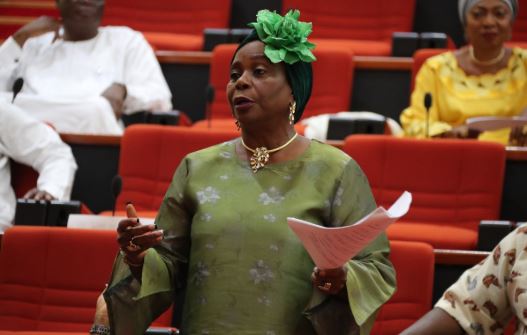BY ISMAEEL AHMED
The COVID-19 pandemic is reordering society and accelerating changes in many dramatic ways, for better and for worse. This global, novel virus has also exposed deadly flaws in the governance and health care systems around the world, and it is particularly awakening us to the need for the advancement of education and the extent to which excessive centralisation and concentration in today’s world is causing the inequality that has plunged a lot of families into poverty and slowed down human capital development over the years.
As a result of an unexpected event like this and the need to practice ‘social distancing’, 186 countries have closed down schools and universities, with first-world counterparts enforcing remote learning in the meantime. In Nigeria, an estimated 46 million students have been affected by nation-wide and localised school closures, this has affected in large measure the country’s education systems.
This is undoubtedly the most significant disruption in education since public schooling emerged in the 19th century in fact it is feared that the sector is likely to become a victim of spending cuts especially as budgets are being channeled into economic relief and public health.
Advertisement
The harsh realities of a post-covid world will deprive many students of the hope of returning to school, threatening to increase the number of out-of-school children and youth. Now, more than ever, to build a healthy, prosperous, and secure future, we must ensure that our schools are adequately financed, make smart use of technology, protect teachers and expand the definition of the right to education so that it addresses the importance of connectivity and access to knowledge and information.
Parents, educators and other stakeholders have been expecting the reopening of schools even as case counts across the country rise. However we have seen tragically heartbreaking results of early opening in other parts of the world, which means a return to the normal learning environment we are used to is unlikely to arrive soon. There are high chances that children may contract the virus at school and transmit it to parents and grandparents at home who have higher risks of dying.
The magnitude of this challenge is clearly evident with regard to the digital divide in Nigeria. Only 11% of learners in sub-Saharan Africa have a household computer and only 18% have a household internet, as compared to the 50% of learners globally who have computers in the homes and the 57% who have access to the internet. This makes e-learning in Nigeria–– the continent’s most populous nation, a steep mountain to be climbed, yet not unsurmountable. With deeper reflection and rethinking how education works, both formal and informal, can be effectively accessed and delivered beyond the building of new walls, this status quo can be changed.
Advertisement
While government’s efforts to combating the disease and sustaining the economy can be commended, more needs to be done to mitigate the learning disruptions for students. With youth unemployment and underemployment rate of over 55.4%, keeping young people at home without a definite engagement plan is dangerous. The country urgently needs investment and structural changes so that short-term setbacks do not grow into larger, long-lasting problems.
States and local governments must focus on establishing ICT hubs and libraries equipped with necessary digital devices, renewable energy supply and free internet for all levels of learning. Investments must be made in this regard. As much as we channel funds to roads and other physical infrastructure, funds must be allocated more deliberately and purposely for digital infrastructure at the local levels.
For remote and distant learning to be successful in Nigeria, we must push for more public and private sector investments in digital infrastructure, and aggressively ensure nationwide internet penetration and affordable costs of data for all. Solar-powered devices, pre-loaded with offline academic resources should also be provided to students in disadvantaged and vulnerable communities. Funds must be channeled towards training and retraining our teachers who don’t just see the profession as an escape from unemployment but are passionate about impacting and improving lives.
Curricula and assessment need to relate schooling to our learners’ experienced worlds, their families and local communities and also recognise that new technologies enable learners to be part of a global community. To facilitate the expansion of digital learning, we must also establish common learning platforms especially for public and unity schools and introduce regulations that support innovation. This is also the time to embrace apprenticeship, vocational and technical training to fix the gap in our current educational system and labour market, offering more young Nigerians a much needed sense of purpose and place in this rapidly changing world.
Advertisement
Nothing sharpens our focus like a crisis. It hones our priorities and allows us to rethink how we do things. One critical lesson this pandemic has thought us is that we must reset our priorities in education and redefine how and what we want our students to learn. The current moment calls for a deep exploration of what educational resources should look like and do in the digital age. Like the very popular saying goes, when life gives you lemons, you made lemonades out of it.
Views expressed by contributors are strictly personal and not of TheCable.
1 comments







Very valuable article in light of the times being! Education has been hit hard due to the coronavirus pandemic and the future of this field lies within EdTech and digitalization. Valuer has recently posted a similar article https://www.valuer.ai/blog/how-the-edtech-industry-is-transforming-the-learning-environment. Perhaps you could find some new insights on this topic 🙂